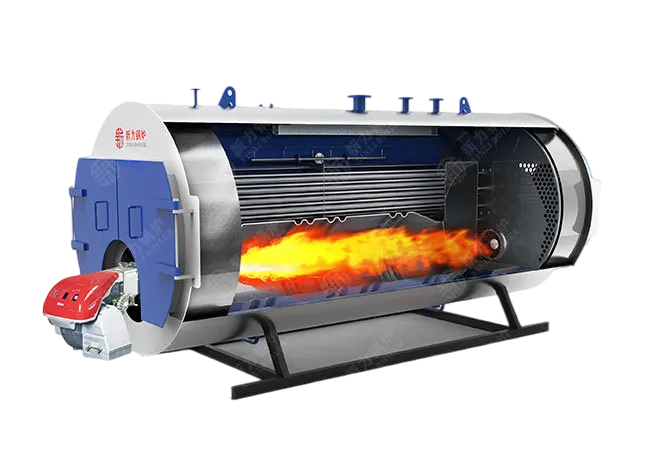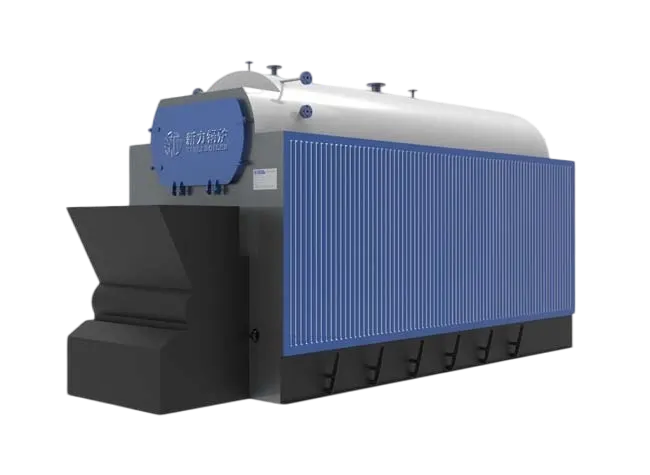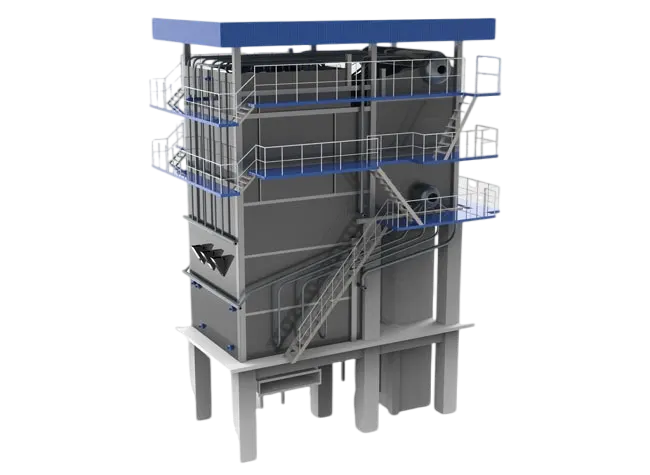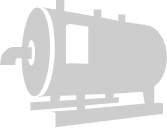Guide: As the main heat source, industrial boilers can be used for industrial production in a variety of industries. Different applications, different production processes, and different industrial boiler pressure and temperature are selected. Heating boilers are different from industrial boilers. What is the difference between industrial boilers and heating boilers? What non-destructive testing methods are used for boilers?
As the main heat source, industrial boilers can be used for industrial production in a variety of industries. Different applications, different production processes, and different industrial boiler pressure and temperature are selected. Heating boilers are different from industrial boilers. What is the difference between industrial boilers and heating boilers? What non-destructive testing methods are used for boilers?
1. Industrial boilers are different from heating boilers
There are two types of industrial boiler products. One is steam, which is used for power generation or gas supply. For example, chemical fertilizer plants can be used for steam vaporization to synthesize chemical fertilizers. This is a typical industrial boiler. Industrial boilers mainly include gas boilers, followed by biomass boilers and biomass boilers. Coal-fired boilers are important thermal power equipment. According to different structural forms, industrial boilers can be divided into three types: fire tube type, fire tube type and water tube type.
1. Fire tube boiler; it is an early boiler. Only one or two fire tubes for heating the pot water are installed in the shell, and there is a burning device in the fire tube. The thermal efficiency is low, the volume and steel consumption are large, and basically no longer production after the 1960s.
2. Fire tube boiler: It is equipped with a number of smoke tubes in addition to the fire tube in the vertical or horizontal boiler shell. The high-temperature flue gas generated after the fuel is burned in the combustion chamber flows through these flue pipes to heat the pot water, and then is discharged into the chimney. Compared with the fire tube boiler, due to the large number of smoke tubes, the heating area increases, the exhaust gas temperature is lower, the thermal efficiency is higher, the steel consumption and the boiler volume are relatively small. Figure 1 is a horizontal tempered tube boiler. The evaporation capacity of fire tube boilers is generally not more than 15 tons/hour, the working pressure is generally not more than 1.6 MPa, the thermal efficiency of coal burning is generally about 70%, and the thermal efficiency of all automated oil-fired boilers can reach 85%.
3. Water tube boilers: mostly used as industrial boilers with larger capacity and higher pressure. There are two types of water tube boilers: natural circulation and direct flow. Naturally circulating water tube boilers have structures such as single drum and double drum. Figure 2 is a double drum water tube boiler. This kind of boiler is generally equipped with an economizer after the convection tube bundle, and sometimes an air preheater is also installed to reduce the exhaust gas temperature. The efficiency can reach 80% when burning coal, and it is higher when burning fuel. There is no drum in the once-through industrial boiler, and the heating surface is composed of a tube coiled on the inner wall of the furnace and a convection tube bundle behind it. Feed water enters from one end of the pipe, and steam exits from the other end. The once-through industrial boiler is small in size, generally equipped with a steam-water separator and automatic control device.
Industrial boilers use a wide range of fuels, including coal (bituminous coal, anthracite, lignite and coal gangue, etc.), oil (heavy oil, residual oil, diesel, etc.), gas (natural gas or various industrial by-product gases), plants and urban waste (Wood, bagasse, papermaking black liquor, garbage, etc.) etc. Therefore, the combustion equipment of industrial boilers is also diverse. The tiered combustion equipment includes chain grate, lower feeding grate, reciprocating grate, vibrating grate, coal thrower and chain grate, etc. (see grate). There is also a boiling combustion method (see boiling furnace). Pulverized coal is generally used in coal-fired industrial boilers with an evaporation capacity of 65 tons/hour or more.
Heating boilers belong to the category of domestic boilers. With the improvement of people’s safety awareness, the heating of buildings after 2000 uses hot water as the heating medium, and the use of steam boilers is not allowed. Therefore, the heating boilers we generally refer to are conventional boilers. Pressure hot water boiler. There are many types of heating boilers, and their classification is mainly based on the type of fuel. Heating boilers can be divided into electric heating boilers, oil heating boilers, gas heating boilers, coal-fired heating boilers, biomass heating boilers, etc. according to different fuels. Fuel oil includes: diesel, kerosene, heavy oil, etc.; fuel gas includes: natural gas, liquefied gas, city gas, biogas, etc.
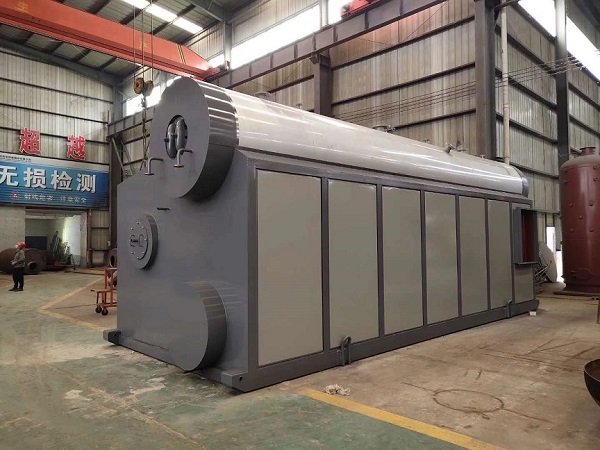
2. Introduction of Boiler Non-destructive Testing Method
1. Visual inspection
In the non-destructive testing of boilers, visual testing is very important. Its main purpose is to check the changes of the boiler itself after a period of operation. The main content is to check whether the pressure parts of the boiler have cracks, overheating, deformation, leakage, corrosion and damage. Whether the boiler expansion system is effective, the insulation status of the boiler heat preservation and refractory bricks, and the usage status of the safety accessories.
2. Surface inspection
It is the preferred non-destructive testing method in the boiler shutdown for a comprehensive inspection. The surface inspection of the butt welds generally uses the magnetic particle inspection method. Due to the poor internal lighting conditions of the boiler, the fluorescent magnetic particle inspection method is usually used, and the fillet welds cannot be detected by magnetic particle inspection. Penetration testing methods are also used.
3. Magnetic particle or penetrant detection of cracks on the weld surface
It is necessary to polish and clean the surface of the welds to be inspected in advance to remove surface oxidation. Therefore, a large amount of polishing increases the time and cost of boiler shutdown inspection. In response to these problems, people have developed an electromagnetic eddy current detection technology for metal material welds based on complex plane analysis. In the presence of oxide layers, special point probes can also be used to quickly scan the weld surface, and then perform suspicious parts. Magnetic particle or penetration testing to determine the specific location and size of surface cracks.
The difference between industrial boilers and heating boilers is obvious, and users should choose carefully and choose the right boiler. The boiler makes reasonable use of nondestructive flaw detection methods to ensure the quality of the welds and ensure the airtightness of the boiler. The configuration of auxiliary equipment for industrial boilers and heating boilers is slightly different. Users should configure them reasonably and choose carefully to ensure the effect of boiler operation.











